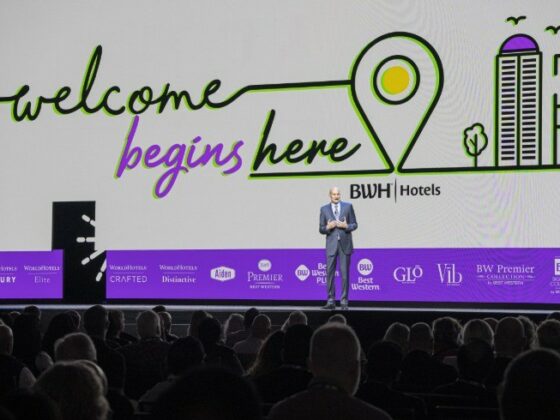
Since AI systems are constantly available, they serve as the initial point of contact for callers, drastically cutting down the call volume for human agents and tempering high emotions. With more time available for human agents to handle complex calls that require emotional intelligence or empathy, businesses can optimize their human resources without sacrificing service quality.
AI voice assistants are becoming more emotionally intelligent by adapting their communication style to each conversation’s nuances. The AI adjusts its tone and phrasing to match each customer interaction. For sensitive situations, like canceling a deceased relative’s reservation, it adopts a gentler approach while still providing helpful service.
Modern AI-powered voice assistants are also discerning enough to know when they need to escalate a call to a human agent. By efficiently handling routine inquiries, the AI reduces the workload on human agents to free up their focus for more complicated calls. This streamlined process also eliminates many common customer frustrations like long wait times or confusing automated menus. So, when callers do interact with human agents, they’re often in a better mood. Improved customer attitudes translate to more courteous, constructive conversations with human agents.
Though there is no way to entirely stop frustrated customer outbursts or unhappy callers, intelligent voice AI systems can serve as the first line of defense to help handle initial inquiries, mitigate tense situations and respond immediately to issues to prevent people from taking out their frustrations on human agents. Voice assistants can help the hospitality industry take its customer service to the next level while simultaneously shielding human agents from abuse, hopefully resulting in customer interactions that are kinder and more respectful overall.
About the Author
Nikola Mrkšić is the CEO & Co-founder of PolyAI, a leading provider of enterprise-ready voice assistants built for customer support. Mrkšić has a Ph.D. in Machine Learning and Natural Language Processing from University of Cambridge, and served on the initial team that developed Apple’s Siri.









